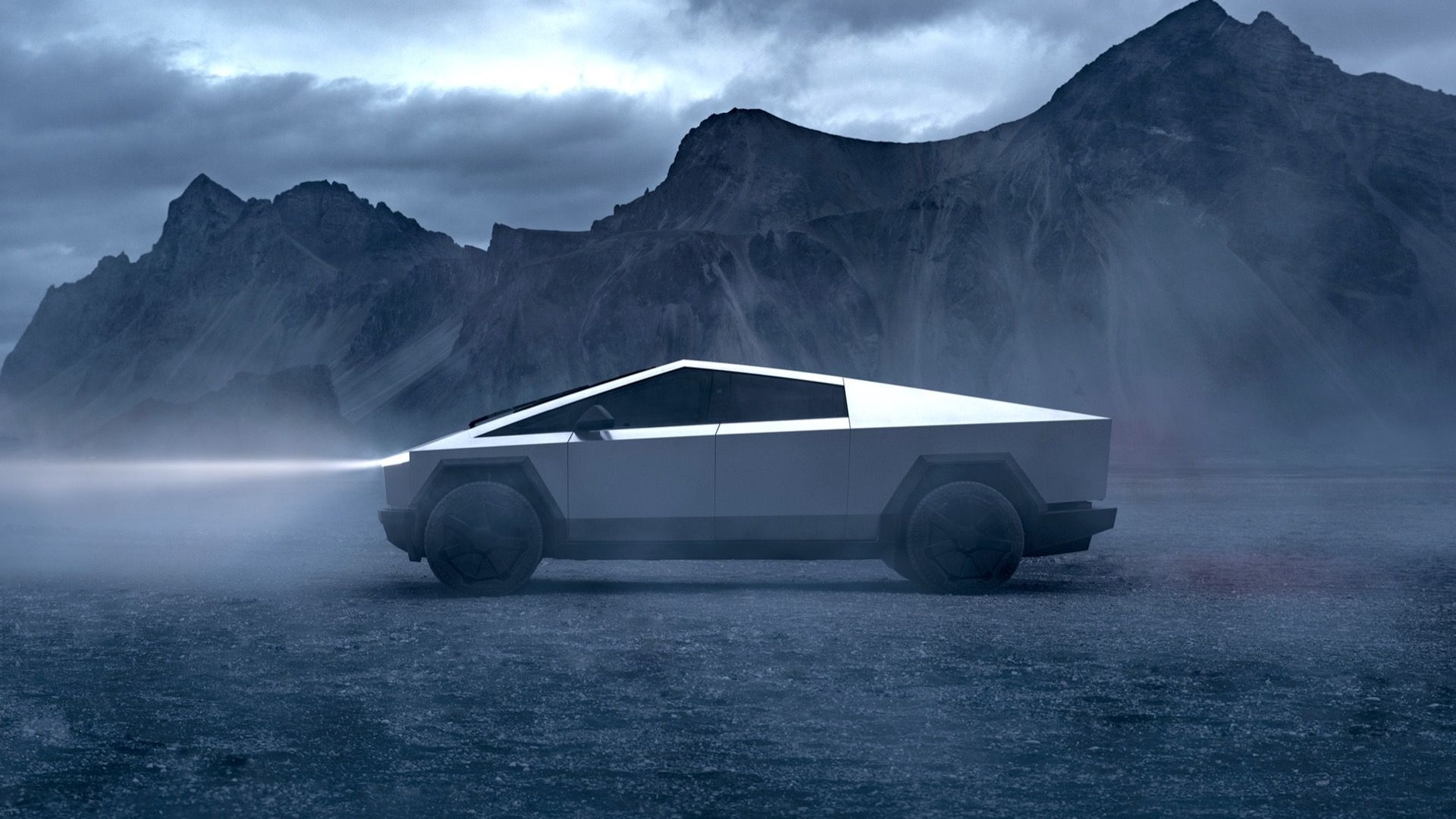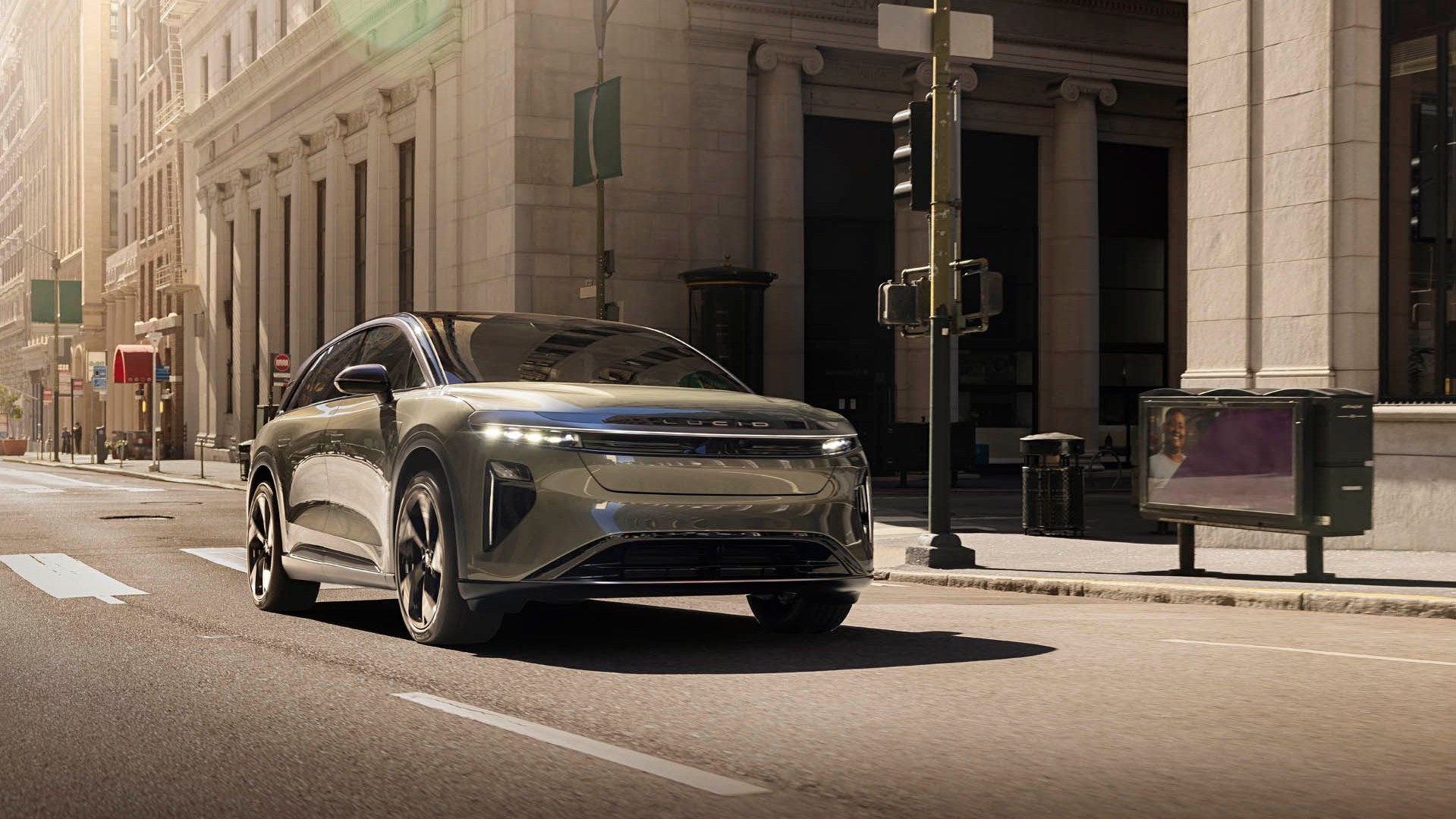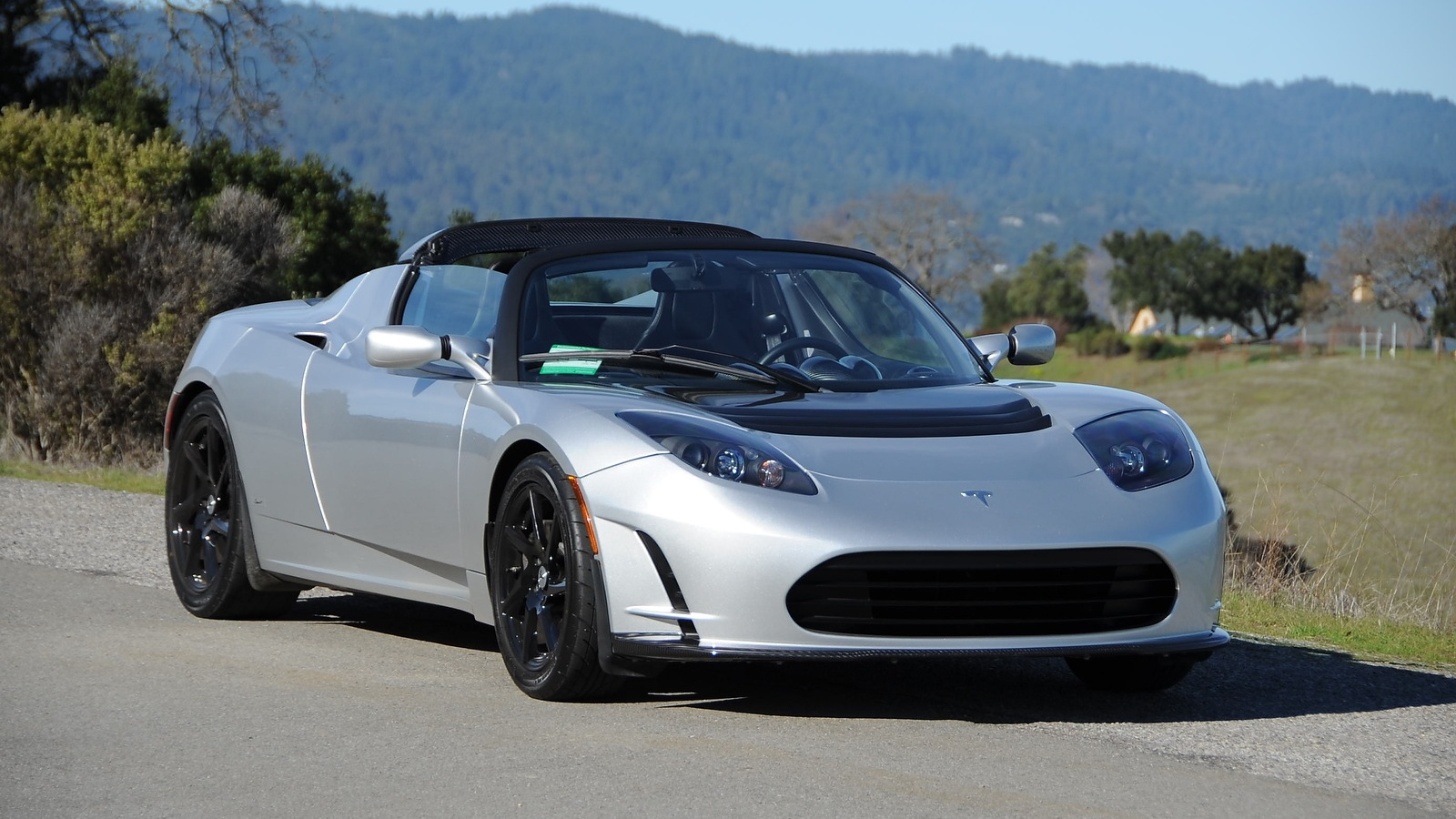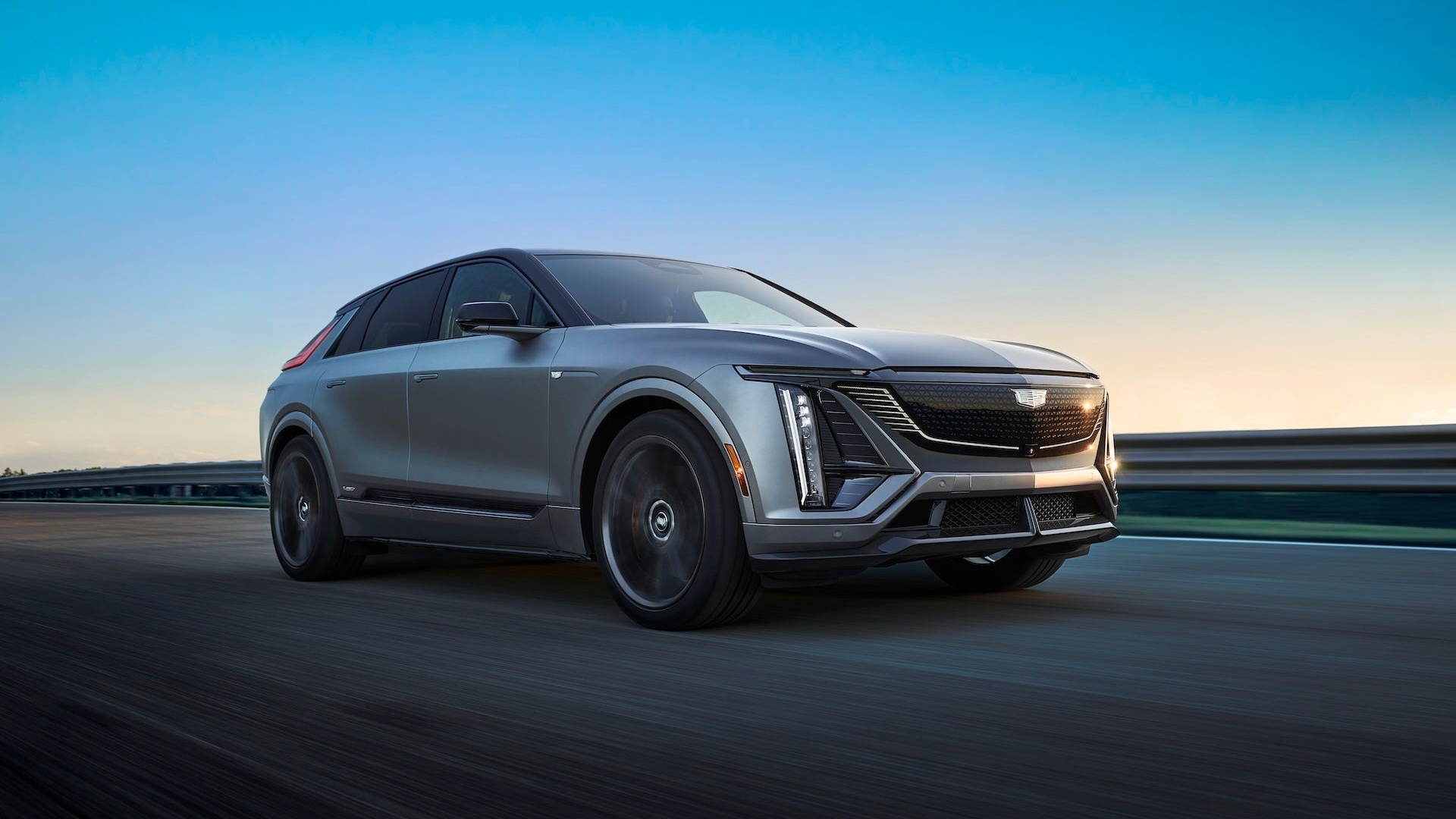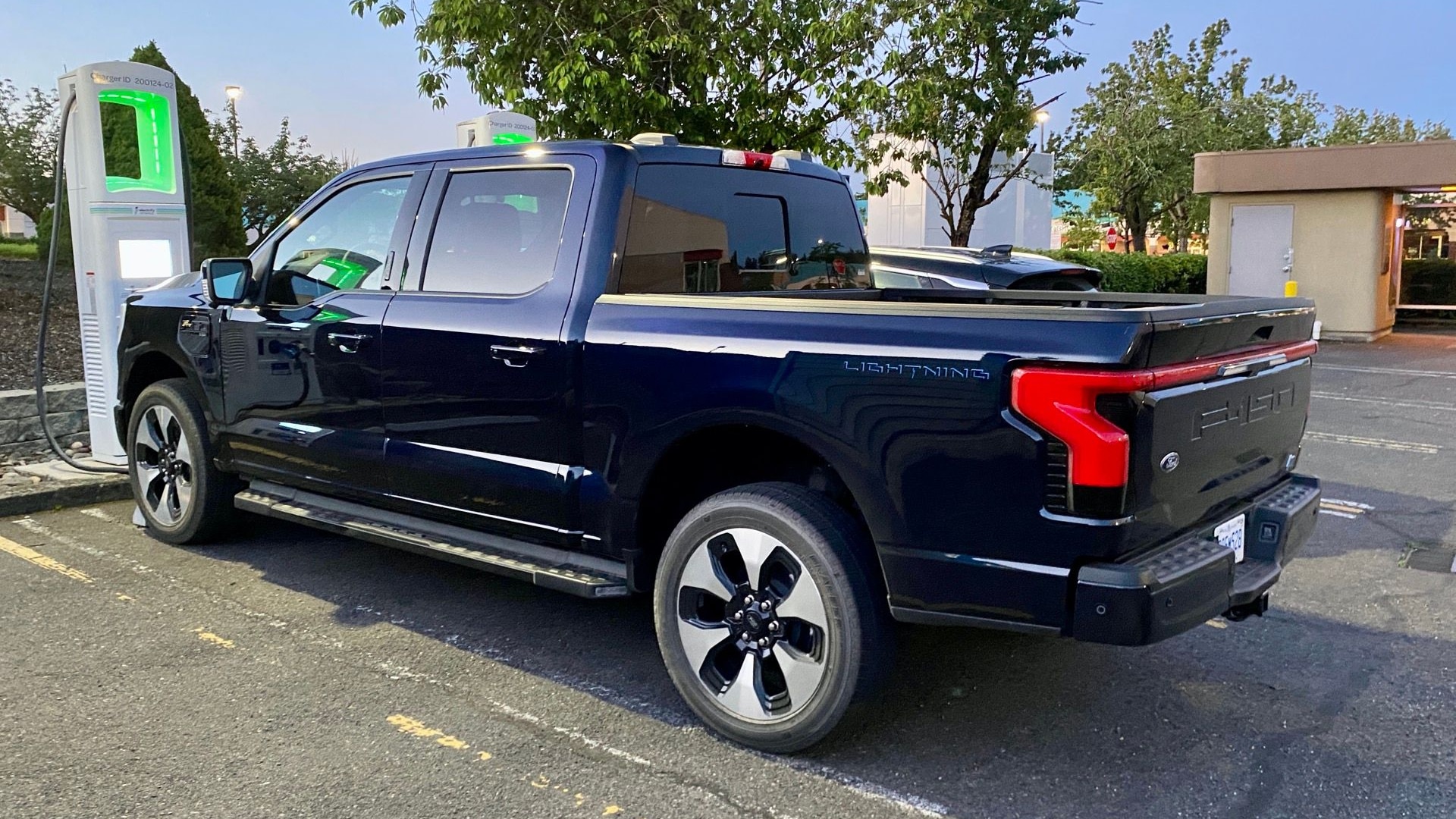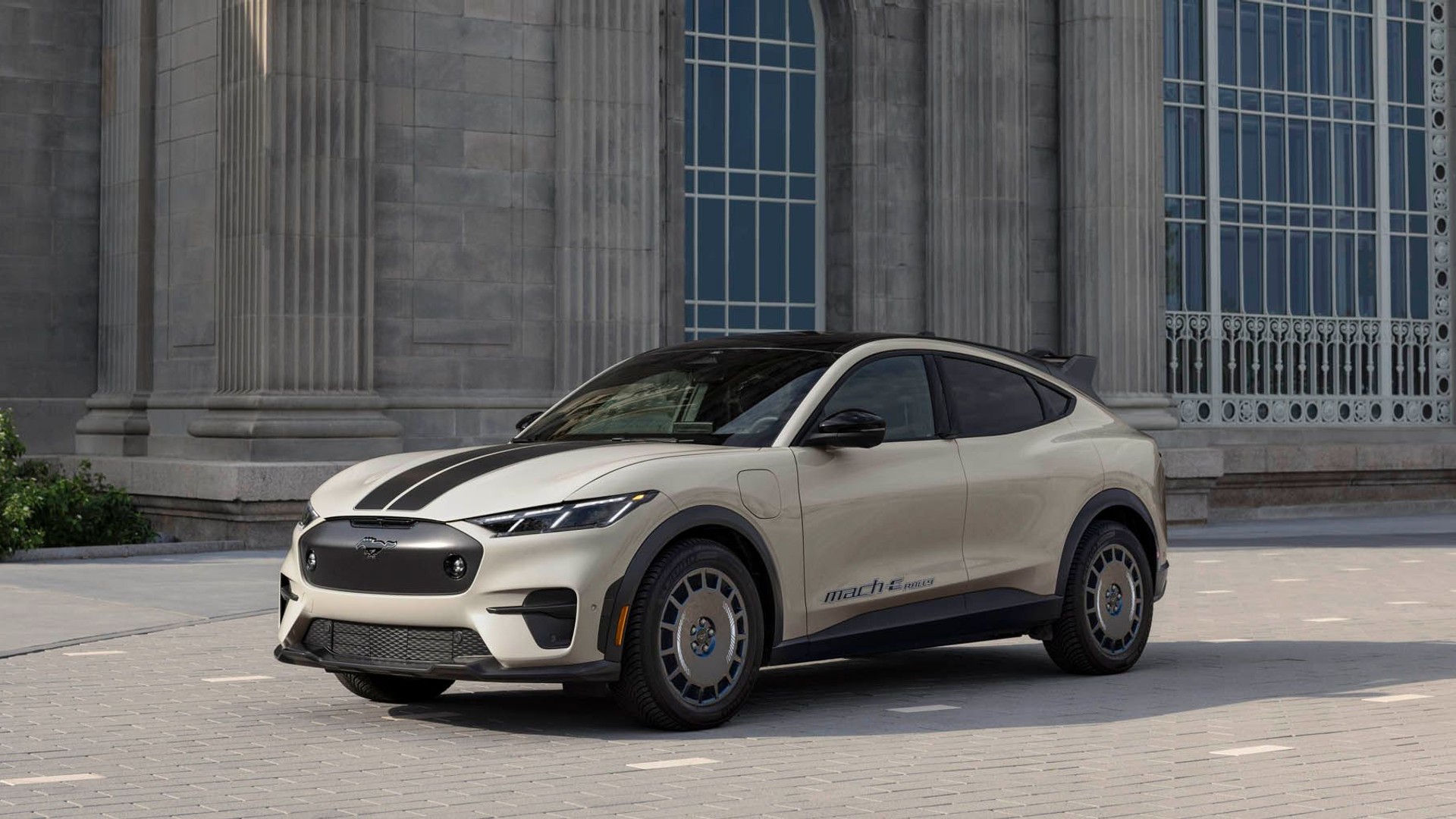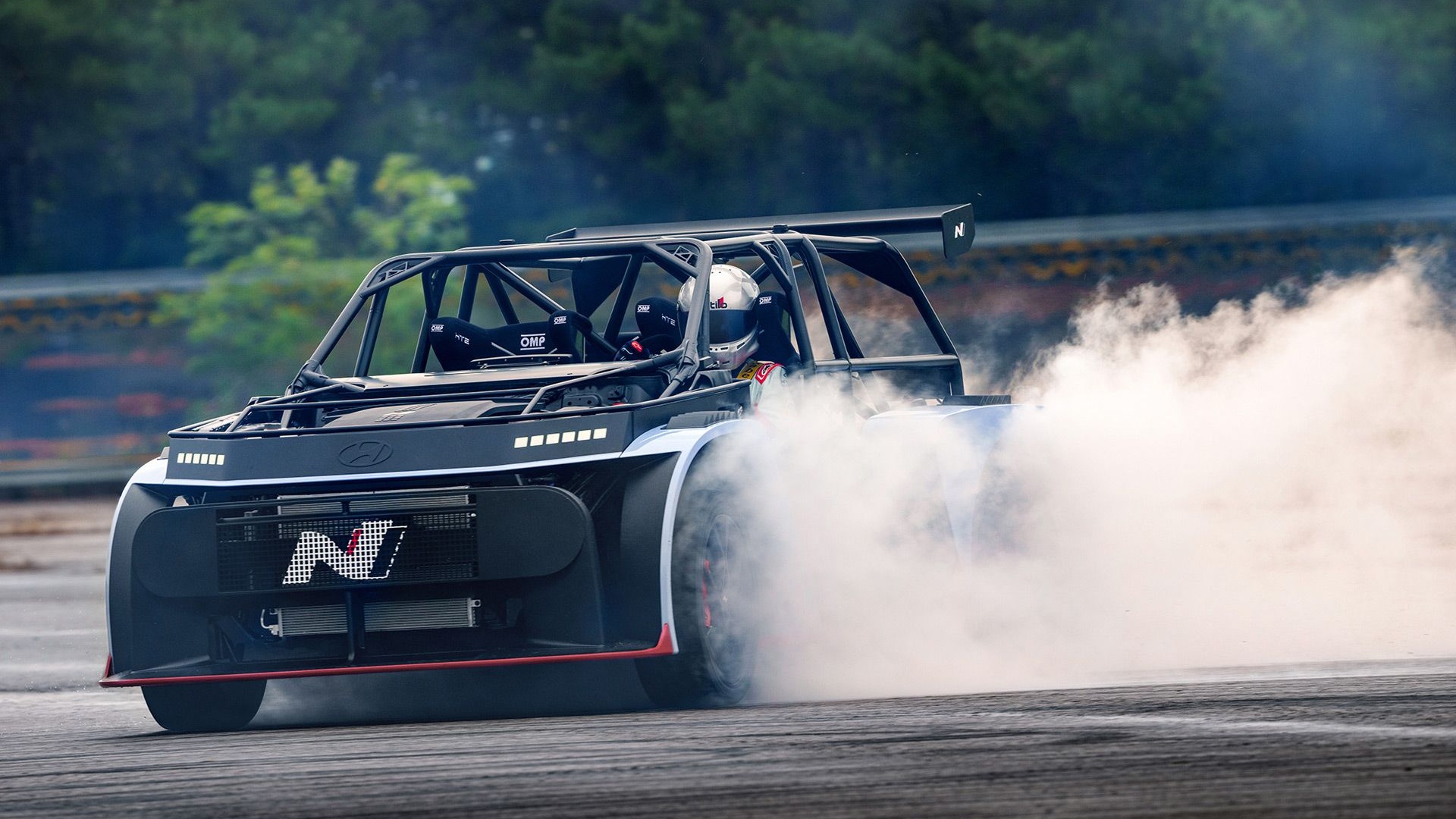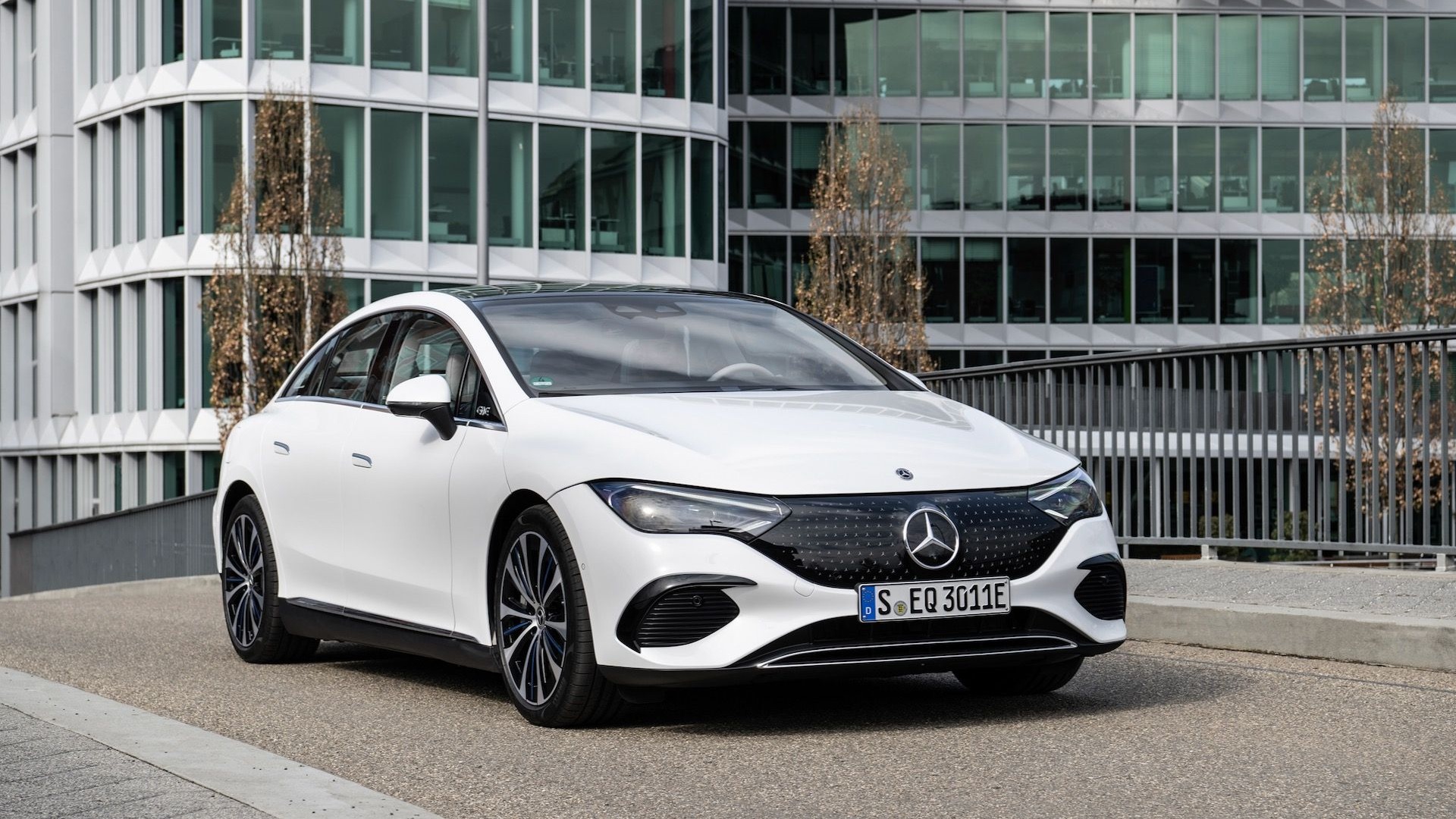Volkswagen's transformation from the world's leading maker of diesel cars to focusing on electrics isn't coming cheap.
The company has reportedly paid as much as $30 billion to put its diesel emissions scandal in the rearview mirror (mostly), and it's investing up to $50 billion more to develop electric cars.
But it can't do everything, and now reports have surfaced that VW is considering shedding some activities to focus on the heart of its transformation to building electric cars.
DON'T MISS: Electric cars from Audi, Porsche: Explaining platform magic
Among the most obvious changes, according to a report in Automobile Magazine this week, are plans for the massive VW Group to pare down its vast array of brands. The company is reportedly looking to spin off its non-core luxury and performance brands, including Bentley, Bugatti, potentially Lamborghini, Italian design house Italdesign, and motorcycle-maker Ducati. It may also narrow or combine some of its discount brands such as Seat and Skoda. The magazine reports rumors that Bugatti could even be gifted to legendary former VW chairman (and grandson of Ferdinand Porsche) Ferdinand Piëch.
One insider identified as a senior strategist told Automobile, referring to Bentley, "Why invest on a backward-looking enterprise when you can support a trendsetter? A proud history and excellent craftsmanship alone don’t cut it anymore.”
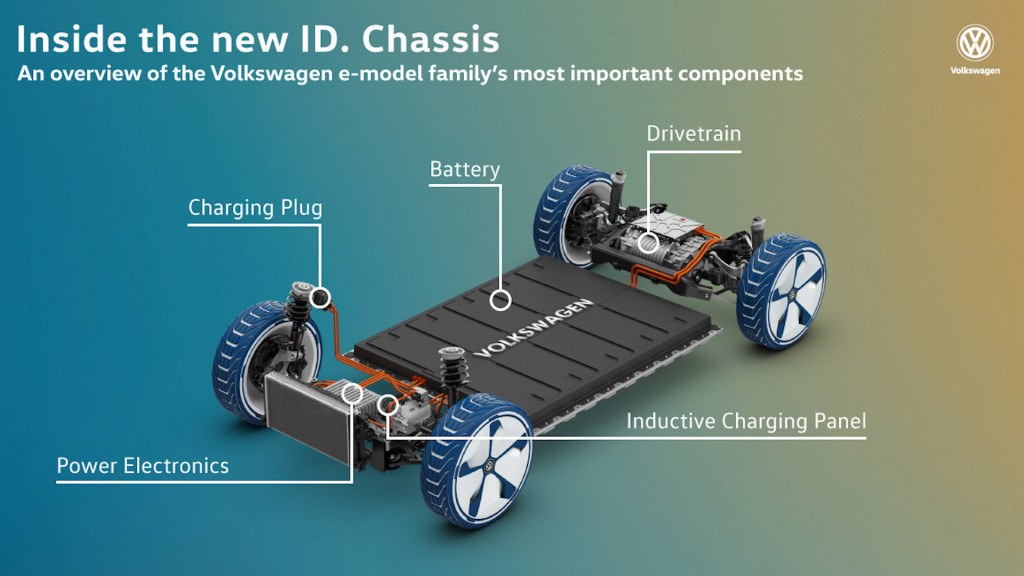
VW MEB platform
In return, the company may introduce a new electric brand of small cars with autonomous driving technology for young people in urban markets. The new platform would comprise smaller cars than those VW sells in the US, ranging from smaller than the VW Up to larger than the Polo. The Polo and the Up are the next two smaller hatchback models below the Golf sold in the US.
"It would be a mistake not to address the increasingly volatile market with potentially game-changing new offerings," VW CEO Herbert Diess told Automobile. "Trouble is, we already have a very full plate, and there is a limit to our spending power.”
MUST READ: VW plans 27 electric cars by 2022 on new platform
Amid all the streamlining, though, the company will cut its plans for new electric-car platforms from four to three. It will no longer support a new small sports-car platform that was called SPE, to develop new electric versions of the Porsche 911, Boxster, and Cayman.
Instead, new electric versions of the Boxster and Cayman are likely to use the current platform with batteries and motors where the current engine and gas tank are. An electric version of the 911, if it ever exists, might use a T-shaped battery pack under the front of the car and running down the center tunnel.
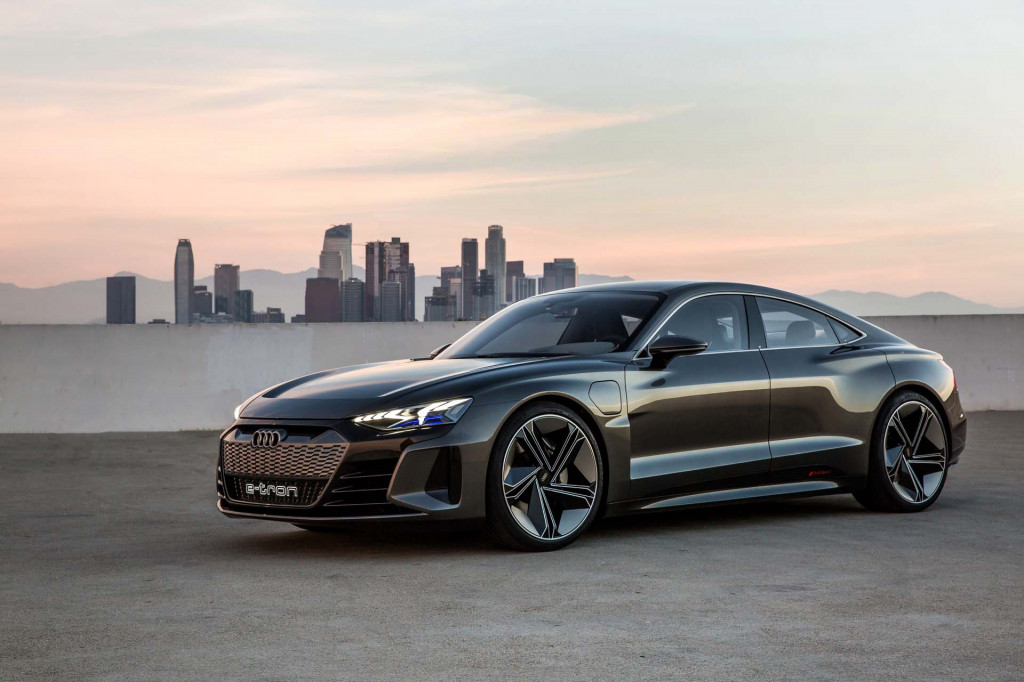
Audi e-tron GT concept
That will leave VW with the new MEB architecture for affordable cars primarily from the Volkswagen brand; the PPE architecture for slightly larger and more luxurious cars, which would replace the C-BEV platform in the new Audi E-tron SUV, for cars primarily from Audi; and the J1 platform for performance cars such as the new Porsche Taycan and the Audi E-tron GT.
READ MORE: VW boosts electric car plans with more models, 22 million EVs in 10 years
The report also noted that VW is considering new electric versions of such classics as the Karmann-Ghia and the VW Thing, as well as an electric Audi TTE sports car based on the Porsche Cayman.
Several other proposals have reportedly been floated around the company based on its current brand structure: Three new Lamborghinis, one a small sports car, possibly named Urraco, based on the Porsche Cayman, plus a larger GT perhaps called an Espada, based on the Porsche J1 platform; and a 1,000-horsepower hypercar that would include the world's first use of VW's planned solid-state batteries in perhaps 2025. In addition, the J1 platform could spawn a new Audi four-seat convertible and luxury SUV as well as a luxury performance GT sedan for Bentley.
The report also notes that deliveries of the company's first new electric model based on the MEB platform is running six months behind schedule as a result of electrical gremlins.



